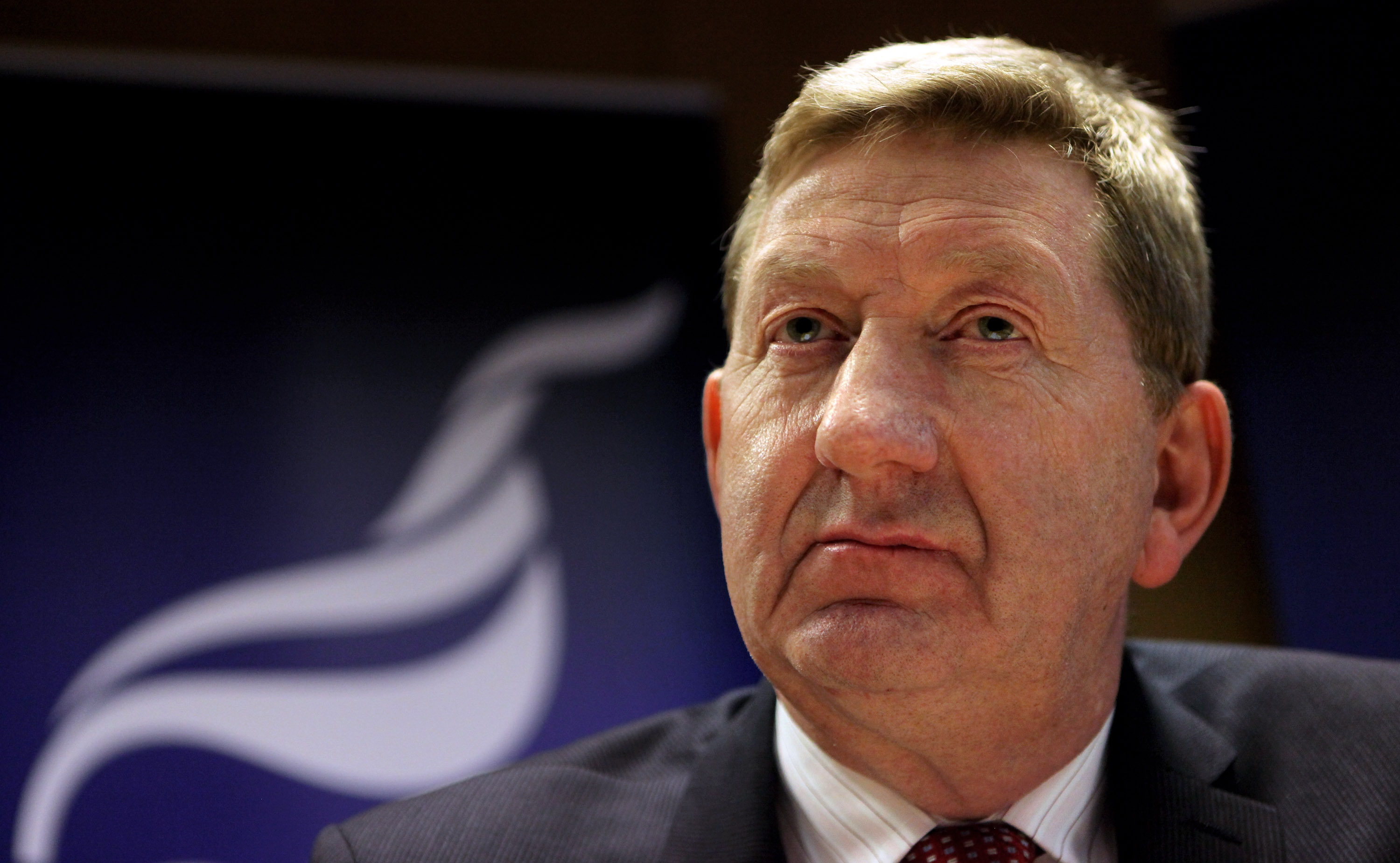Labour MPs didn’t pick Ed Miliband as Labour leader; they preferred his brother. Labour members didn’t pick Ed Miliband as Labour leader; they preferred his brother too. It was the union bloc that delivered the crown unto Ed — spearheaded by the votes, support and influence of the country’s largest trade union, Unite.
Which is what makes Len McCluskey’s article for the Guardian today so dangerous for the Labour leader. McCluskey, you’ll remember, is the head of Unite — and he’s not happy with how things are going now that Miliband has closed the ground, rhetorically at least, between his party’s fiscal stance and the coalition’s. ‘No effort was made by Labour to consult with trade unions before making the shift, notwithstanding that it impacts on millions of our members,’ he complains among among many other complaints. ‘It is hard to imagine the City being treated in such a cavalier way in relation to a change in banking policy.’
It would be tempting to view these complaints as choregraphed — as an attempt to bolster the idea that Miliband isn’t in cahoots with the unions — were they not so poisonous. McCluskey also lays into ‘Liam Byrne, Jim Murphy, Stephen Twigg and now Ed Balls’ as ‘four horsemen of the austerity apocalypse’. And he predicts that, ‘Having won on the measures, new Labour will likely come for the man sooner or later,’ and depose Miliband.
But might this help Miliband anyway, by diminishing that ‘Red Ed’ tag? Perhaps, but I’m not sure it will do him much good. What we’re seeing here is the end result of MiliE’s year-and-a-half-long prevarication over policy and message. Had he struck on fiscal responsibility from the start, and developed his own take on it, then the unions would have known what they were getting, and the right-wing of the Labour party would have been happier. But, as it is, he didn’t, and neither side is entirely persuaded now. Whether they agree with the new direction or not, both see that Miliband has been squeezed by the coalition. He’s left it too late for this to be anything other than a concession.
And it also reinforces a point that I made a couple of weekends ago: that, compared to Brown, Miliband doesn’t have a group of political bodyguards who will defend his leadership to the death. Sure, McCluskey doesn’t attack the Labour leader personally, preferring to say that he is being ‘dragged back into the swamp of bond market orthodoxy’ by others. And he suggests that a ‘Blairite’ leader would mean ‘the destruction of the Labour party as constituted, as well as certain general election defeat’. But if this is what even Miliband’s supporters are saying, then what chance has he got?







Comments